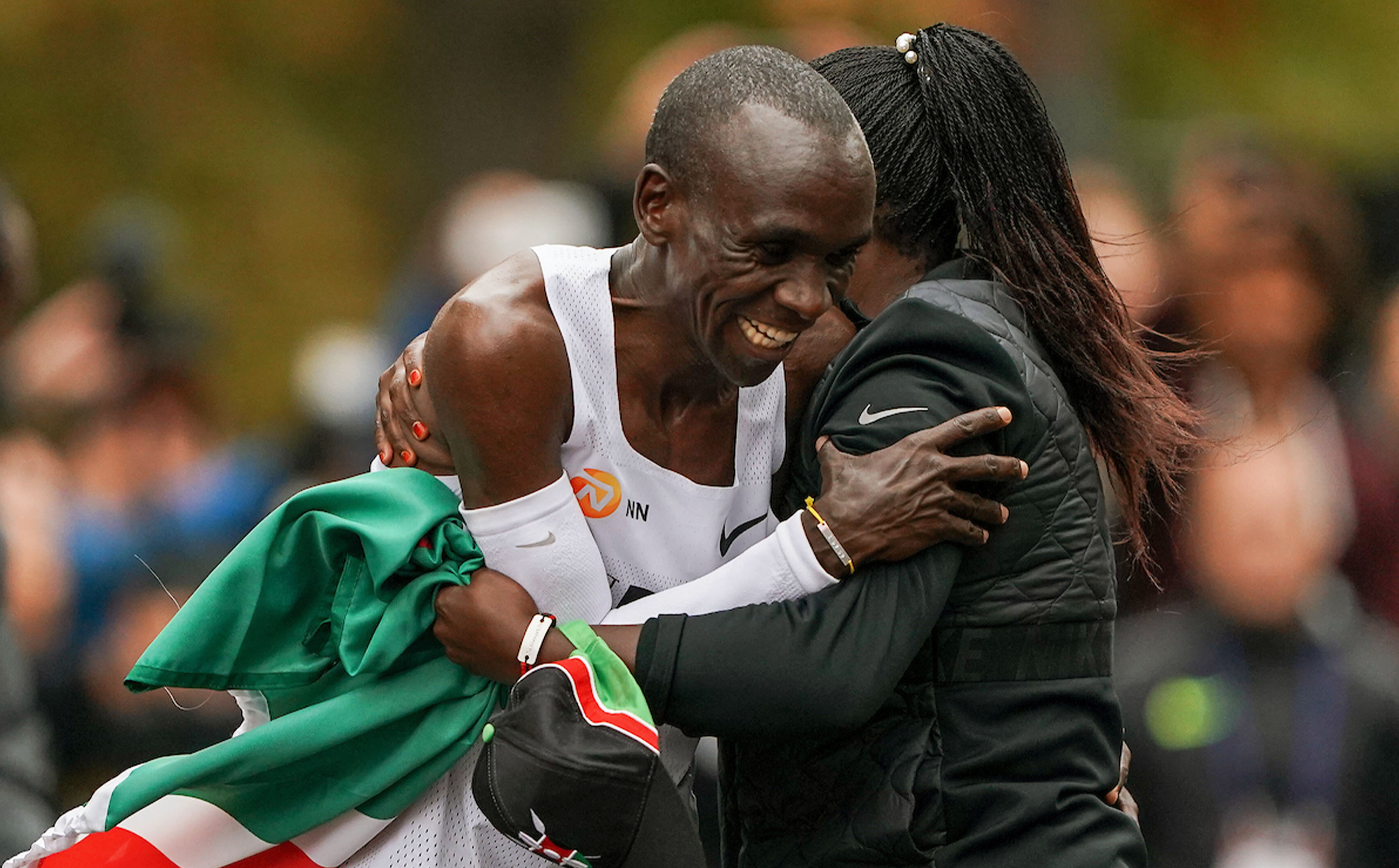While branding of companies and sports clubs has been a well-known phenomenon in sports marketing for decades, in recent years there has been a growing realisation that building a strong brand for individual athletes is just as essential. Indeed, individual athletes' brands are increasingly more popular than the club or team they play for or the company they are sponsored by. Athletes' branding goes beyond having a good logo; it is about forging an emotional bond with fans, sponsors and the wider community. A powerful personal brand can not only increase athletes' brand equity, but also maximise their appeal and influence off the field.
Influence of personal brand equity
In an era where fans and sponsors are looking for more than just physical performance, the influence of athletes' personal brand equity is increasingly coming to the forefront. A prime example of this is Cristiano Ronaldo, whose brand encompasses much more than his impressive skills in football. With an online presence that showcases shareable moments from his personal life, he has created a community of fans who admire not only his achievements on the field, but also his authentic approach to life beyond it. By cleverly diversifying his brand with business ventures and charity work, Ronaldo has built a brand that has both commercial value and social impact.
Building blocks of a strong personal brand
Building a personal brand goes beyond sharing highlights. It is about identifying and embracing the unique characteristics that define an athlete. Michael Phelps, one of the world's most decorated Olympic swimmers, uses his personal brand to make mental health negotiable. By talking openly about his own struggles, he has built a deep connection with fans who can identify with his personal journey. Phelps shows that sharing personal challenges not only strengthens his brand, but also contributes to wider discussions about health and well-being.
Powerful brand story
A strong personal brand includes a story that resonates. Muhammad Ali is an icon of personal branding that goes beyond boxing. His views on race, religion and politics have made his brand a symbol of resistance and empowerment. This illustrates how an athlete's story can impact wider social and cultural conversations. Ali's story is a shining example of how athletes can serve as mouthpieces for social change and progress.
Strategically building the brand
For athletes, a strategic approach is essential to build and grow their brand. In addition to their sporting achievements, commercial partnerships are an important pillar of personal branding. Tennis legend Roger Federer has successfully built a brand beyond the tennis court by partnering with luxury brands. He has also invested in the Roger Federer Foundation, which is dedicated to education projects in underprivileged communities. This shows how athletes can smartly diversify their brand portfolio and make a positive impact through involvement in social initiatives.
Influence on and off the field
The impact of personal branding extends to the entire sports world. For example, Nike's Just Do It brand has partnered with iconic athletes such as Colin Kaepernick to spread a powerful message of self-expression and community engagement. This collaboration highlights how athletes can serve as catalysts for social change through their partnerships with brands. It also illustrates how brands, in turn, can benefit from athletes' authentic expression of values and visions.
Lasting influence of personal brands
A strong personal brand can also have a lasting impact. Consider Pelé, whose influence on and off the pitch made him a global football legend. By adopting a sustainable strategy that is authentic and consistent, athletes can create a brand that not only appeals to current fans, but also inspires future generations. Building a lasting brand requires ongoing commitment to the values and goals it represents.
Partnerships and commercial opportunities
A strong personal brand not only influences fans, but also plays a crucial role in attracting commercial deals. Brands and sponsors look for athletes with an authentic and influential brand that appeals to their target audience. Athletes can form partnerships with brands that match their values and interests. For example, tennis star Serena Williams has used her strong personal brand to partner with brands such as Nike, Gatorade and Beats by Dre. These partnerships go beyond simple ads; they are based on shared values and visions, leading to long-term and meaningful collaborations.
Successful branding with Capital Sports
Capital Sports understands the importance of commercial partnerships for individual athletes and specialises in identifying the right opportunities. Our experience and network of contacts allows us to connect athletes with brands and sponsors that perfectly match their personal brand identity. We not only provide the tools and strategies to strengthen the personal brand, but also offer the opportunity to develop valuable partnerships and commercial deals that take the athlete's career to new heights. Our team of experts has in-depth knowledge of the sports industry and the skills to develop a successful strategy. Together, we build a brand that not only attracts fans, but also generates meaningful impact inside and outside the sports world.

